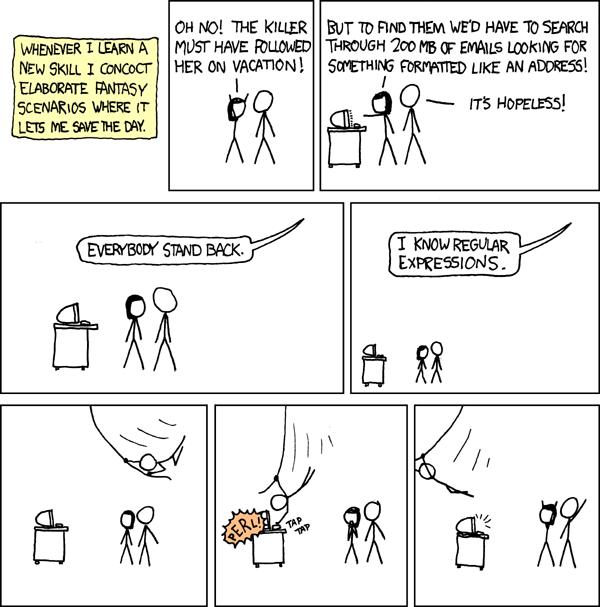‡biblios.net from LibLime was launched at the ALA Midwinter meeting in Denver last week. It is a free browser-based cataloging service with a data store containing over 30 million records. Records are licensed under the Open Data Commons, making the service the world's largest repository of freely-licensed library records. For additional information you can also listen to a podcast with the LibLime CEO, Josh Ferraro.
The site features a very clean, easy to use interface with options to select target libraries and refine search results by authors, publishers, subjects and dates. ‡biblios.net also offers the ability to export records in MARC XML, and in my tests so far, this data imports nicely into Genie in the Inmagic Library Suite. To see the level of detail in the default upload, check out our Genie demo site and search for "Torts" in the Anyword box.
The built in ability in Genie to upload BookWhere generated MARC XML can be used to also upload ‡biblios.net records. BookWhere users will miss features such as the rating of the quality of the MARC records. However ‡biblios.net provides libraries that don't use BookWhere with another option for obtaining high quality catalog records. As for BookWhere records, the XSL file included with Genie can be modified to include additional MARC fields if needed, for example no call numbers are added by default, but the XSL can be edited to add whichever MARC tag is appropriate for the classification scheme in use.
The Problem
1000s of date strings in short date format like m/d/yy. Fine as long as system date settings assume month/day/year. Then system date settings change to day/month/year to conform with international standards. 1000s of date strings are misinterpreted.
E.g. 06/01/2007 Before = June 1, 2007 After = January 6, 2007
The Fix
- Export date field and unique ID field to delimited text file.
- Use regular expression to switch day and month:
- find expression: (\d+)/(\d+)/(\d{4})
- replace expression: \2/\1/\3
- Import modified file into Excel or Access, treating the date string field as DateTime so it's interpreted as a proper date, not a string.
- Change the format of the date field to a Long Date
- Access query expression: Format([MyDate], "Long Date")
- Import the file with long date back into Textworks, matching on unique ID field; replace field values.
- Date strings are now in unambiguous Long Date format, e.g. MMM dd, yyyy.
UPDATE: This comic at xkcd.com is totally awesome. And relevant and stuff. 
When importing a text file into a Textworks database, make sure it is ANSI/ASCII encoded, not UTF-8 or otherwise.
You can't tell just by looking at the text how the file has been encoded, but a good text editor will tell you, and allow you to save as another encoding format.
Note that Textworks is not going to warn you about encoding incompatibilities specifically. It's just going to drastically misinterpret characters. Lucky for me this happened before import got underway, as the misinterpretation involved a field name match.
As a nota bene, the above shows how misleading it is to refer to any delimited text file as an "ASCII delimited file," as I've heard them referred to before. Unless of course you happen to mean literally ASCII-encoded as opposed to UTF.
A client of ours recently started using the new BookWhere XML MARC record import feature of Inmagic Genie. They noticed that although the new feature allowed them to import MARC records nicely into Genie, it did not import a call number from any of the records. There are several MARC call numbers that could be used, depending on the classification system used by the Genie user. See http://www.loc.gov/marc/bibliographic/ecbdclas.html for specifics on which MARC field you should use. We have used MARC field 050 - Library of Congress Call Number - in this example (leave out leading zero).
If you would like to transfer MARC Transformer maps from one computer to another, simply copy the MTrans.as0 file from the MARC Transformer program directory on your computer and overwrite the other version on the other computer. (Remember to make back-up copies of the MTrans.as0 files just in case).

